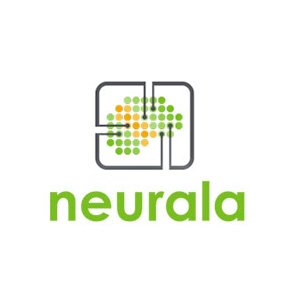What does Color Genomics do?
Color Genomics, is a company which helps people in proactively managing their health through affordable and clinical grade genetic data. The company provides population scale genetic services which are accessible. Their team combines the best distributes machine learning, systems engineering, product design and precision medicine form Twitter, Google, MIT, UC Berkely, UCSF and Stanford. The company is currently focused on mutations testing which can cause a higher risk for cancers such as breast, ovarian, colon and prostate cancer. If the patients have any idea that they are at high risk, they can practice methods which help them in preventing those cancers from progressing, by regularly testing.
How much Color Genomics was funded?
The company raised $45M in Series B on September 27, 2016 from Emerson Collective, 8VC, Khosla Ventures, Paul David Hewson, General Catalyst Partners and Sue Wagner.
Previous funding
$15M in Series A on April 21, 2015 from Khosla Ventures, Julia Hartz, Formation 8, Padmasree Warrior, Max Levchin, Katie Stanton, Drew Houston, Mariam Naficy Aaron Levie, Raymond Tonsing, Laurene Powell Jobs, #Angels, Ruchi Sanghvi and AME Cloud Ventures.
$38.55M in undisclosed round on August 29, 2016
What is next for Color Genomics?
The company plans on using the latest funding raised for providing cheaper genetic tests that detect cancer risk. As a part of extending its reach into additional markets, the company is launching a program which offers family members of people who paid for tests an option to also get tested for $50.
More about Color Genomics
Color Genomics was founded in 2013 by Othman Laraki, Nish Bhat, Taylor Sittler and Elad Gil. It has its headquarters in Burlingame, CA. Their patients have to provide the company a sample of their saliva, which is tested by the in house software engineers and scientists who dig through the data available from the tests done for finding mutations which can lead to a high cancer risk.
![[Jcount.com]](https://www.jcount.com/wp-content/uploads/2014/08/jcount150X50.png)
![[Jcount.com]](https://www.jcount.com/wp-content/uploads/2014/08/jcountstartupslogo1.png)



